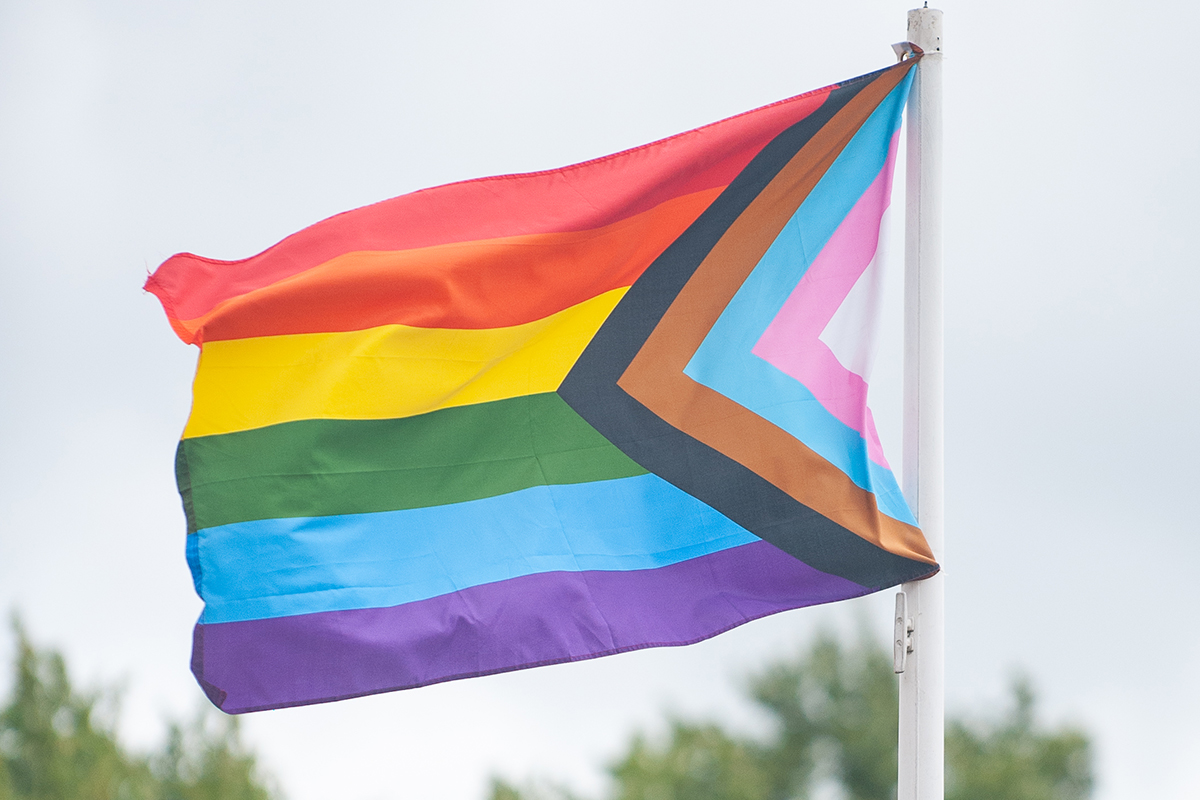Struggles with mental health are having a measurable impact on Gen Z’s academic outcomes, according to participants of Gallup and the Walton Family Foundation’s Gen Z Panel, one of the largest and most comprehensive national research panels developed to track sentiment and behavior of this generation over time.
In a report released on Sept. 14, more than a third of Gen Z rate their mental health as “poor” (10 percent) or “only fair” (26 percent) — higher than any other generation — and 54 percent report feeling anxious a lot of the prior day. Those students with fair or poor mental health are 59 percent more likely to say they have missed school in the past month than those with excellent mental health.
Compounding the issue, most Gen Z middle and high school students said their schools do not prepare them for the workforce, and only 44 percent report feeling prepared for their future as a result. Just 29 percent said their school offers opportunities to learn how to apply for a job, 34 percent said their schools taught them how to prepare for a job interview, and 52 percent said their schoolwork challenges them in a good way.
Additionally, only 53 percent of Gen Z middle and high school students believe they will be able to afford college. The most common barrier to Gen Z members’ goals and aspirations is a lack of financial resources, with 64 percent of respondents citing affordability as a challenge.
“Empowering Gen Z to achieve their goals and aspirations requires that schools provide students with relevant experiences and education that will help them navigate the workforce,” Stephanie Marken, Gallup senior partner and executive director for education research, said in a statement. “For those students who want to pursue postsecondary education, we have work to do to communicate affordable paths to education and training beyond high school so that every student can realize post-high school dreams.”
The majority of Gen Z — despite struggling with mental health and other significant challenges — are optimistic about their future. Among those who rate their mental health as “only fair,” 65 percent also agree or strongly agree that they have a great future ahead of them. This sense of optimism about the future was especially prevalent among Black Gen Zers (45 percent of whom strongly agree they will have a great future), compared with 30 percent of Hispanic and 31 percent of white Gen Zers.
And, while Gen Z respondents didn’t express much confidence in the medical system, military, police, the criminal justice system, the news or large technology companies, teachers and science are trusted a lot by this generation, at 63 percent and 71 percent respectively.





